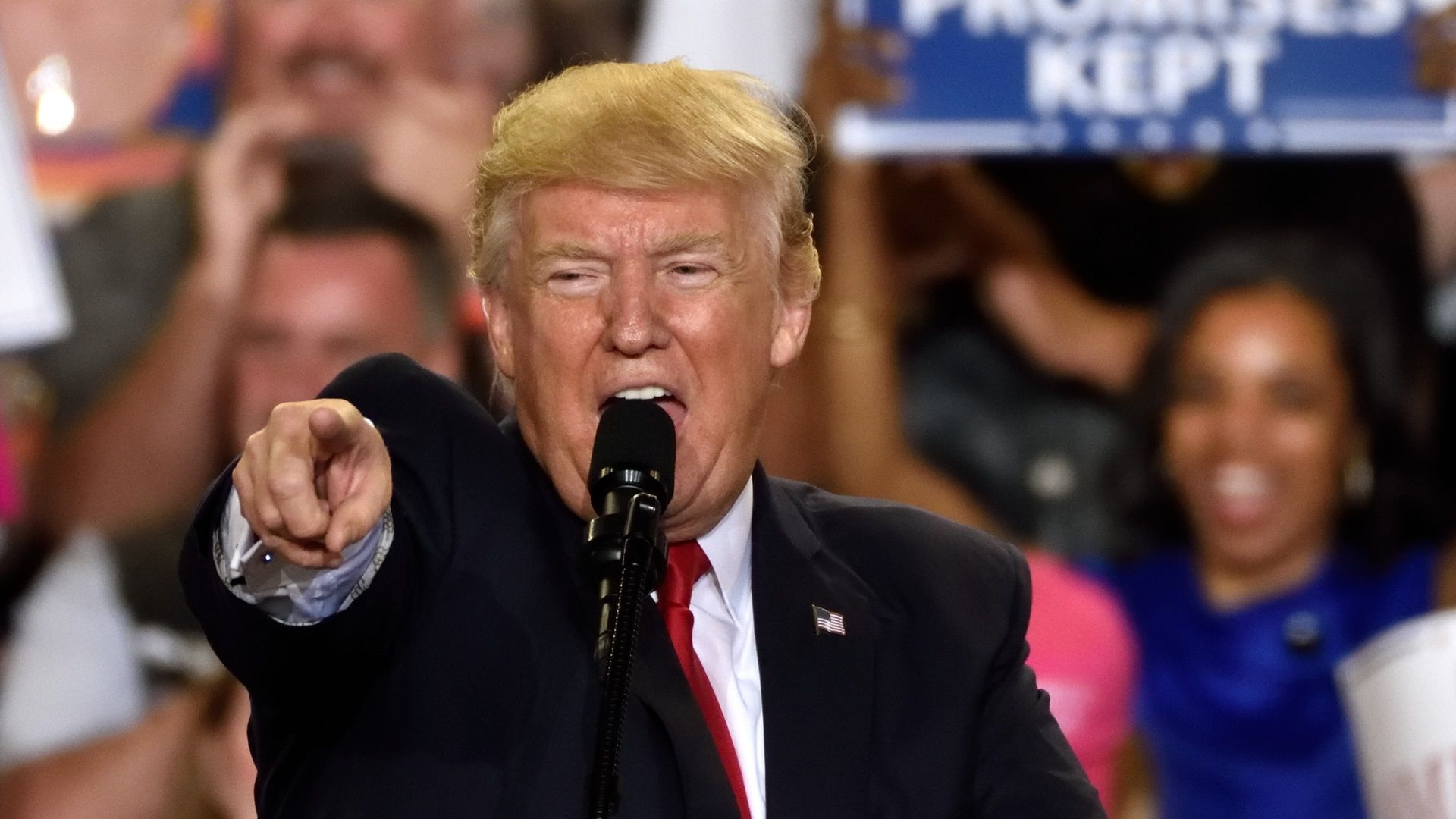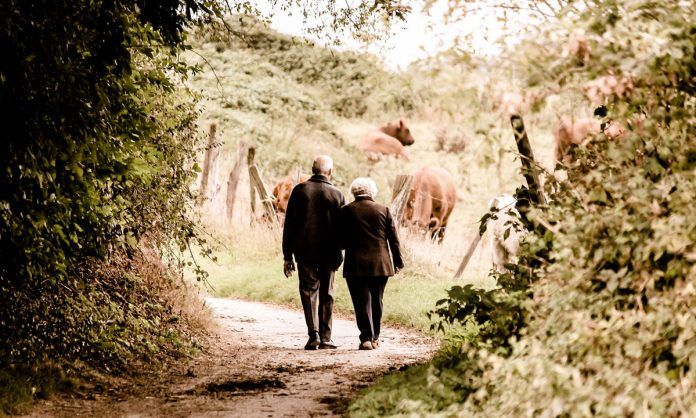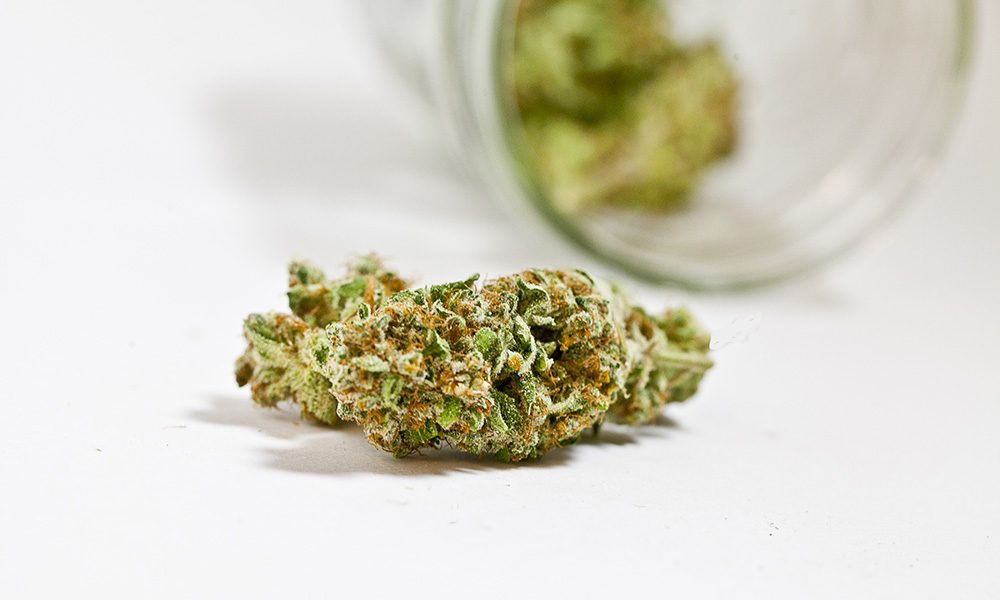Baron23
Well-Known Member
hahahaha....but I bet his views have "evolved" which is professional politican speak for needing to say whatever is required at the time in order to pander to an electorate demographic.
Mike Bloomberg Attacks Marijuana Legalization In Controversial Resurfaced Recording
Before Mike Bloomberg launched his 2020 Democratic presidential bid, he really wasn’t shy about his disdain for marijuana legalization.
The former New York City mayor has been widely criticized this week after a recording surfaced of him defending controversial stop-and-frisk practices and racially disparate marijuana arrests during a 2015 Aspen Institute speech. But while that short clip went viral on social media, the full audio recording from the event also features Bloomberg condemning cannabis legalization efforts at length.
Asked by an audience member about his thoughts on Colorado’s decision to end marijuana prohibition, Bloomberg said, “I think it is just a terrible, terrible idea.”
Some of the remarks from the talk were previously reported by The Aspen Times, such as when Bloomberg asserted that marijuana use is associated with reduced IQ among young people—something President Trump also said in a recently revealed secret recording.
“What are we going to say in 10 years when we see all these kids whose IQs are 5 and 10 points lower than they would have been?” Bloomberg told the Aspen audience. “Kids’ brains are being formed while they are teenagers.
But much of his anti-cannabis commentary from the talk has not been reported until now.
“If you’re my age, of course you smoked a joint in the 60s—but it was very different and just because we did doesn’t make it right,” the former mayor, who has previously acknowledged his own past marijuana consumption, said. “It was not easily accessible compared to today. Today it’s much stronger and potentially much more damaging.”
Listen to Bloomberg’s anti-marijuana remarks below:
“We are making progress in reducing smoking. We are making progress in reducing obesity and diabetes. We are making progress in reducing automobile deaths and a variety of other things,” he said. But cannabis reform is going in “exactly in the other direction.”
Bloomberg also disparaged the idea that a regulated market can prevent youth from accessing cannabis, stating that “even if you have a law that says we’re not going to sell it to them, let’s get serious: if there’s more of it around, they’re going to get it.”
“I just can’t imagine why society is doing this,” he said. “I couldn’t feel more strongly about it, and my girlfriend says it’s no different than alcohol. It is different than alcohol. This is one of the stupider things that’s happening across our country.”
Erik Altieri, executive director of NORML, told Marijuana Moment that the newly revealed remarks show just how much work Bloomberg has ahead of him if he intends to reform his image as a tough-on-crime, anti-cannabis candidate.
“Bloomberg and his wealthy friends may be able to sit around and joke about how he was able to smoke a joint in the 60’s and be just fine, but that is cold comfort to the over 440,000 Americans who were put in handcuffs for marijuana possession in New York City during his tenure as mayor,” Altieri said. “He is painfully ignorant and out of touch with sound public policy and basic scientific facts.”
“If he expects voters to treat him as anything other than an awful relic of a bygone drug war era he needs to correct himself on marijuana law reform issues immediately and somehow attempt to make amends for the countless lives he had a role in ruining,” he said. “Unfortunately, given the number of other candidates vying for the presidency who are leaps and bounds ahead of him on this, that still might be too little too late for his self-funded presidential aspirations.”
Bloomberg has been sharply rebuked this week over a different clip from the same 2015 recording where he defended the use of stop-and-frisk policing that disproportionately impacted communities of color.
An “unintended consequence” of targeting policing in those communities, he said, is that “people say, ‘oh my god, you are arresting kids for marijuana that are all minorities.’”
“Yes, that’s true. Why? Because we put all the cops in minority neighborhoods,” he said. “Yes, that’s true. Why do we do it? Because that’s where all the crime is.”
Bloomberg has taken steps since launching his campaign to pivot away from his reputation as anti-reform, voicing support for decriminalizing cannabis possession and allowing states to set their own policies.
But he continues to oppose cannabis legalization, and his past comments haven’t been forgotten. A Denver-based reporter brought up the candidate’s 2019 statement that legalization is “perhaps the stupidest thing anybody has ever done” and asked whether that meant he felt Colorado voters were stupid for approving the policy change.
“Colorado has a right to do what they want to do,” he replied. “I would advise going slowly to any other state because it’s not clear, doctors aren’t sure whether or not it’s doing damage. But if a state wants to do it, and Colorado and Washington were the first two that did it, that’s up to the state.”
“But what I really object to is putting people in jail for marijuana,” he added. “That’s really dumb.”
Bloomberg and former Vice President Joe Biden are the only two Democratic candidates in the 2020 race who oppose federally legalizing cannabis.
Mike Bloomberg Attacks Marijuana Legalization In Controversial Resurfaced Recording
Before Mike Bloomberg launched his 2020 Democratic presidential bid, he really wasn’t shy about his disdain for marijuana legalization.
The former New York City mayor has been widely criticized this week after a recording surfaced of him defending controversial stop-and-frisk practices and racially disparate marijuana arrests during a 2015 Aspen Institute speech. But while that short clip went viral on social media, the full audio recording from the event also features Bloomberg condemning cannabis legalization efforts at length.
Asked by an audience member about his thoughts on Colorado’s decision to end marijuana prohibition, Bloomberg said, “I think it is just a terrible, terrible idea.”
Some of the remarks from the talk were previously reported by The Aspen Times, such as when Bloomberg asserted that marijuana use is associated with reduced IQ among young people—something President Trump also said in a recently revealed secret recording.
“What are we going to say in 10 years when we see all these kids whose IQs are 5 and 10 points lower than they would have been?” Bloomberg told the Aspen audience. “Kids’ brains are being formed while they are teenagers.
But much of his anti-cannabis commentary from the talk has not been reported until now.
“If you’re my age, of course you smoked a joint in the 60s—but it was very different and just because we did doesn’t make it right,” the former mayor, who has previously acknowledged his own past marijuana consumption, said. “It was not easily accessible compared to today. Today it’s much stronger and potentially much more damaging.”
Listen to Bloomberg’s anti-marijuana remarks below:
“We are making progress in reducing smoking. We are making progress in reducing obesity and diabetes. We are making progress in reducing automobile deaths and a variety of other things,” he said. But cannabis reform is going in “exactly in the other direction.”
Bloomberg also disparaged the idea that a regulated market can prevent youth from accessing cannabis, stating that “even if you have a law that says we’re not going to sell it to them, let’s get serious: if there’s more of it around, they’re going to get it.”
“I just can’t imagine why society is doing this,” he said. “I couldn’t feel more strongly about it, and my girlfriend says it’s no different than alcohol. It is different than alcohol. This is one of the stupider things that’s happening across our country.”
Erik Altieri, executive director of NORML, told Marijuana Moment that the newly revealed remarks show just how much work Bloomberg has ahead of him if he intends to reform his image as a tough-on-crime, anti-cannabis candidate.
“Bloomberg and his wealthy friends may be able to sit around and joke about how he was able to smoke a joint in the 60’s and be just fine, but that is cold comfort to the over 440,000 Americans who were put in handcuffs for marijuana possession in New York City during his tenure as mayor,” Altieri said. “He is painfully ignorant and out of touch with sound public policy and basic scientific facts.”
“If he expects voters to treat him as anything other than an awful relic of a bygone drug war era he needs to correct himself on marijuana law reform issues immediately and somehow attempt to make amends for the countless lives he had a role in ruining,” he said. “Unfortunately, given the number of other candidates vying for the presidency who are leaps and bounds ahead of him on this, that still might be too little too late for his self-funded presidential aspirations.”
Bloomberg has been sharply rebuked this week over a different clip from the same 2015 recording where he defended the use of stop-and-frisk policing that disproportionately impacted communities of color.
An “unintended consequence” of targeting policing in those communities, he said, is that “people say, ‘oh my god, you are arresting kids for marijuana that are all minorities.’”
“Yes, that’s true. Why? Because we put all the cops in minority neighborhoods,” he said. “Yes, that’s true. Why do we do it? Because that’s where all the crime is.”
Bloomberg has taken steps since launching his campaign to pivot away from his reputation as anti-reform, voicing support for decriminalizing cannabis possession and allowing states to set their own policies.
But he continues to oppose cannabis legalization, and his past comments haven’t been forgotten. A Denver-based reporter brought up the candidate’s 2019 statement that legalization is “perhaps the stupidest thing anybody has ever done” and asked whether that meant he felt Colorado voters were stupid for approving the policy change.
“Colorado has a right to do what they want to do,” he replied. “I would advise going slowly to any other state because it’s not clear, doctors aren’t sure whether or not it’s doing damage. But if a state wants to do it, and Colorado and Washington were the first two that did it, that’s up to the state.”
“But what I really object to is putting people in jail for marijuana,” he added. “That’s really dumb.”
Bloomberg and former Vice President Joe Biden are the only two Democratic candidates in the 2020 race who oppose federally legalizing cannabis.



